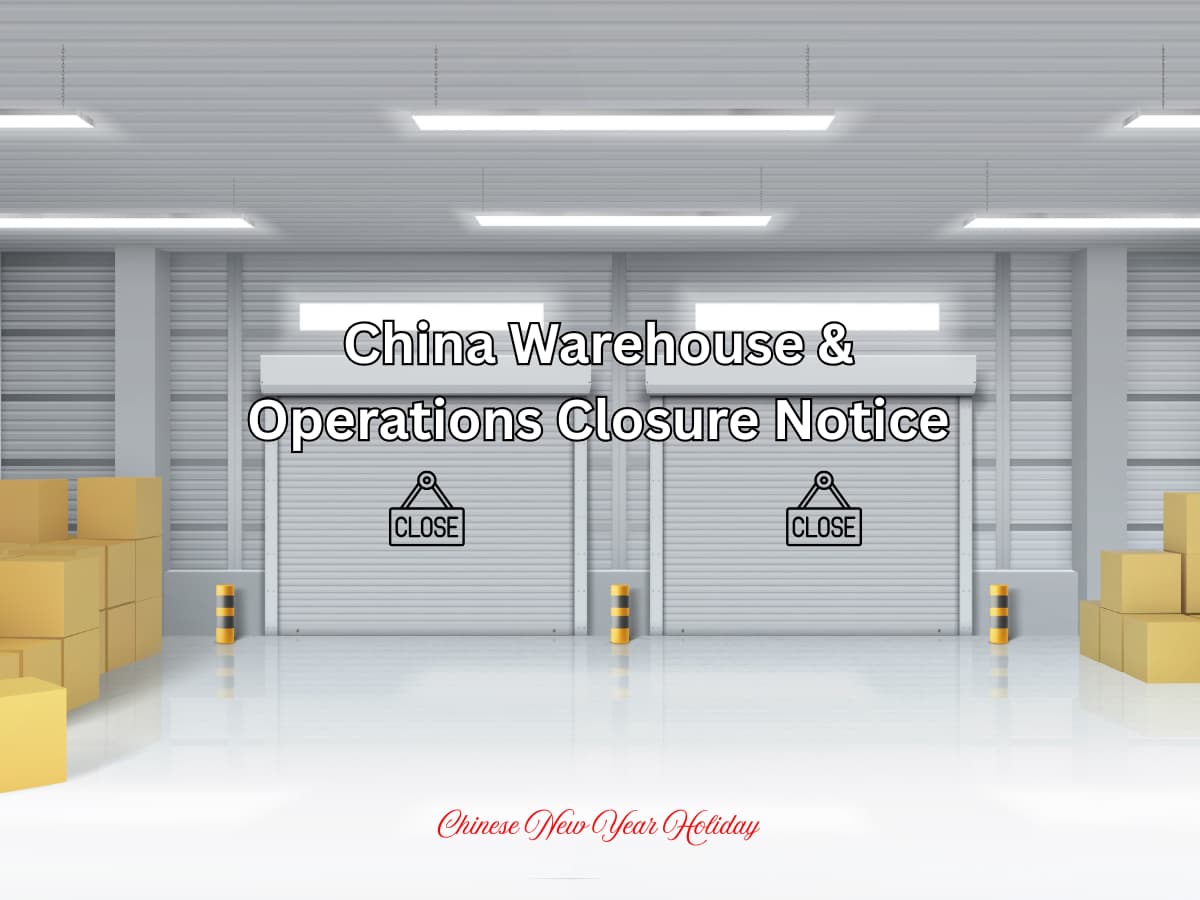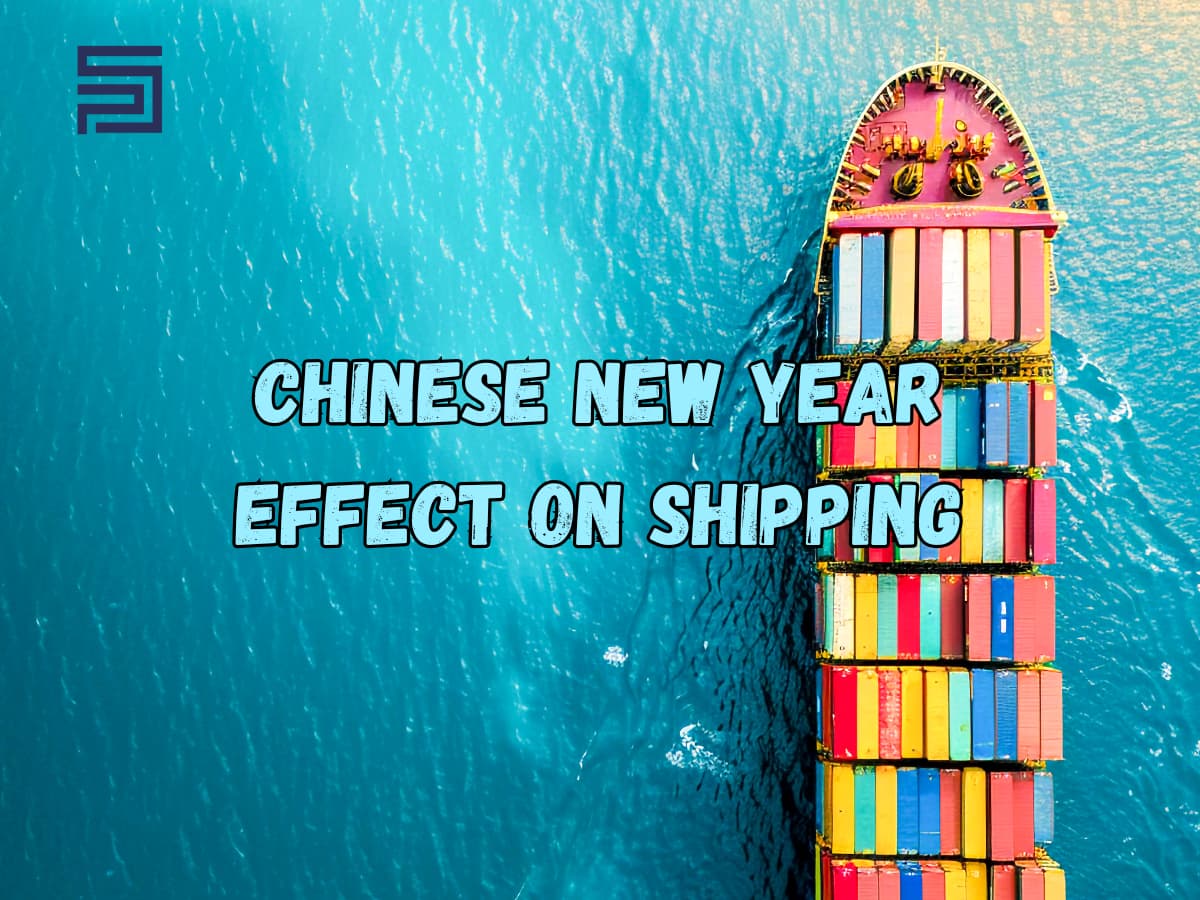In the global market today, no organization or business is an isolated entity. Most organizations work with vendors or third-party suppliers to achieve their goals, and as the business grows, the need for more vendors also grows.
Vendors supply equipment, raw materials, and products provide software and applications for operations, and do much more for companies. Vendors also provide businesses with services that they cannot provide for themselves or services that could affect the timing and functionalities of their business if they try to offer it for themselves.
Who Are Vendors?
Vendors are businesses or third-party agents to whom organizations outsource services. They include consultants, contractors, retailers, manufacturers, service providers, suppliers, wholesalers, freight forwarders, and 3PL partners.
What is Vendor Risk Management?
Vendor risk management (VRM) is identifying, assessing, and mitigating the risks associated with engaging third-party vendors or suppliers who provide goods or services to an organization.
It is an essential aspect of enterprise risk management, as vendors can introduce risks that can negatively impact an organization's operations, reputation, existence, or compliance posture. Vendor Risk Management activities should be conducted throughout all stages of vendor engagement, from the sourcing stage to the termination stage.
Why is Vendor Risk Management Necessary?
For any organization or business, getting vendors is a simple task; however, securing credible vendors who will not pose any risk to your business is where the difficulty lies. It is essential to painstakingly assess every vendor before they are onboarded to work with the company for the following reasons.
1. Need for vendors:
In most cases, organizations cannot provide certain services themselves, and as the organization grows, the need for vendors increases.
Organizations rely heavily on external vendors for sensitive services, which means that it is essential to carry out a risk management assessment to identify and mitigate potential risks associated with these vendors and ensure they are suitable for the company.
2. Brand image and reputation protection:
A vendor's actions, decisions, or failures can have a significant impact on an organization's reputation and brand image. Using a vendor known for illegal and unethical practices or one involved in anti-environmental and anti-social behaviour can negatively impact the image or reputation of a brand. Vendor risk management helps ensure that the vendor's values align with those of the organization and society.
3. Data/privacy protection:
In most cases, vendors can access business's sensitive data and documents. Therefore, organizations sometimes are at the mercy of vendors who can expose the data to competitors or unwanted third parties, thus endangering the organization's existence.
Vendor risk management helps assess the security practices of vendors; this way, you will be sure that your data is safe with them.
4. Business continuity:
When it comes to the resilience and continuity of a business, vendors play a crucial role in maintaining it. If a vendor experiences disruptions, such as natural disasters, financial instability, or operational failures, it can impact the organization's operations and even existence.
Vendor risk management helps to assess the stability of the vendor, how long they have been in business, and how stable they will be in the future.
5. Regulatory compliance:
Every industry has regulations and standards, such as data protection laws or industry regulations, and every organization in that industry must abide by those regulations. The organization needs to ensure that the vendors they plan to work with understand these regulations and are ready to abide by them, and that is what VRM does.
6. Cost optimisation:
Effective vendor risk management enables organizations to assess vendors' financial stability and performance. By evaluating vendors' capabilities, organizations can make informed decisions about which vendors to engage with, negotiate favourable terms, and avoid potential financial losses or underperformance.
Many organizations globally rely on external vendors for critical services, products, or components. However, any disruption or failure in the vendor's operations can directly impact the organization's ability to deliver its products or services.
SARA PROCUREMENT SERVICES LIMITED is the outstanding and credible vendor you have been searching for to meet your organization's supply chain and logistics needs.
Visit our physical office space at 3 Fatai Irawo Street, Ajao Estate, Airport Road, Lagos, Nigeria, or any of our warehouse touch point locations worldwide to learn more about us and utilize our services.
Our 247-email correspondence is hello@chinatolagos.com. Contact us today.
We are equally social, and you can find us @SaraProcure on your favourite channels: Twitter, Threads, Facebook, and Instagram.
.png)





Comments
Please log in to leave a comment.